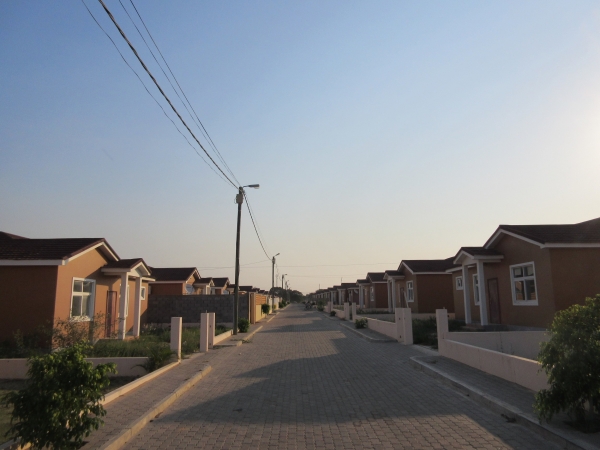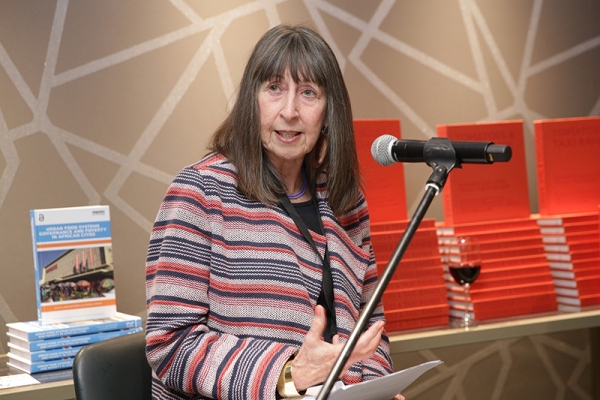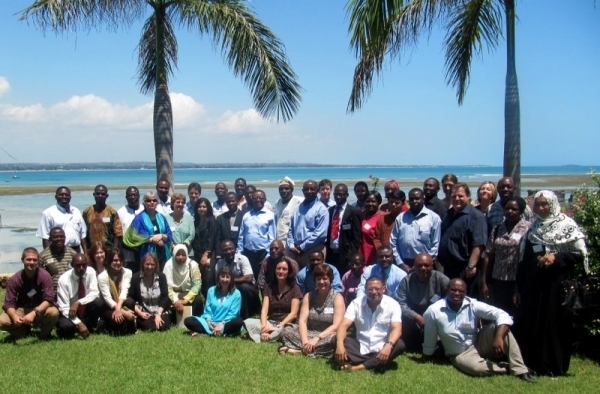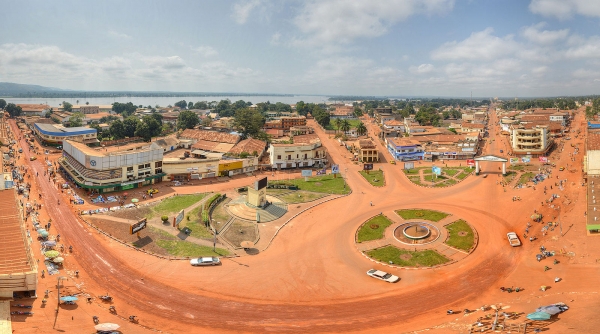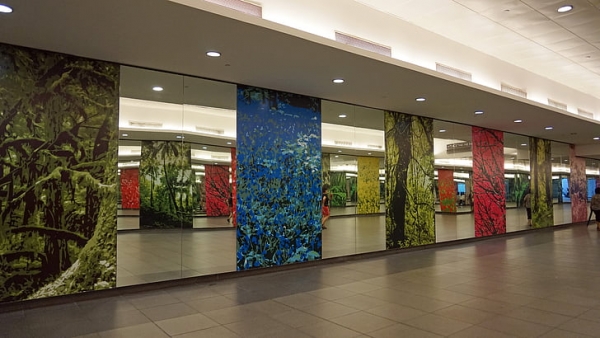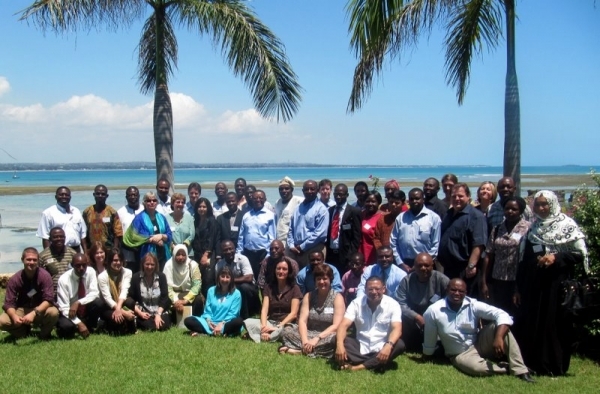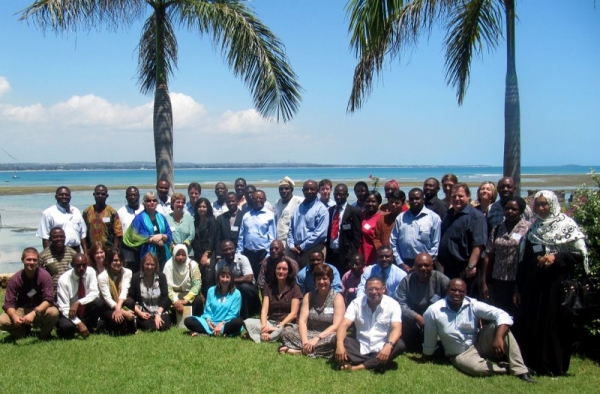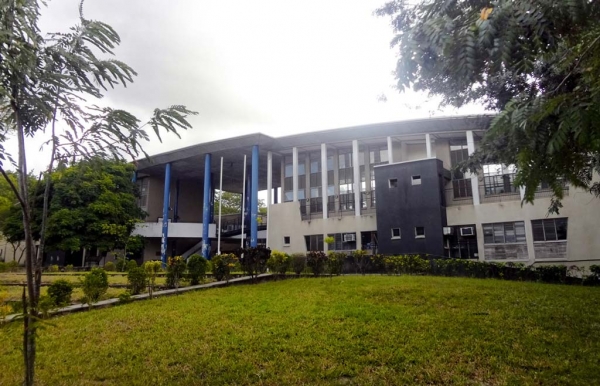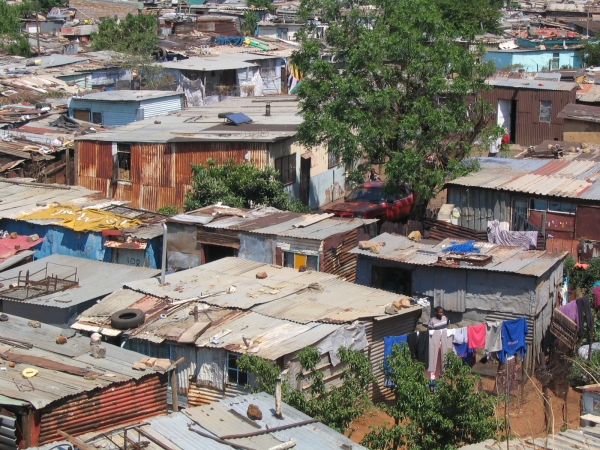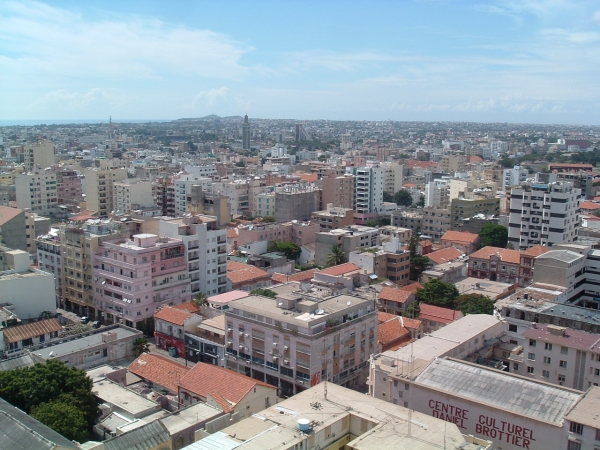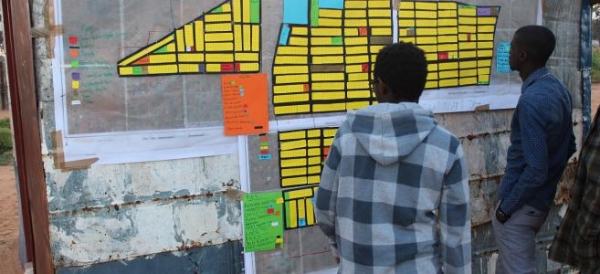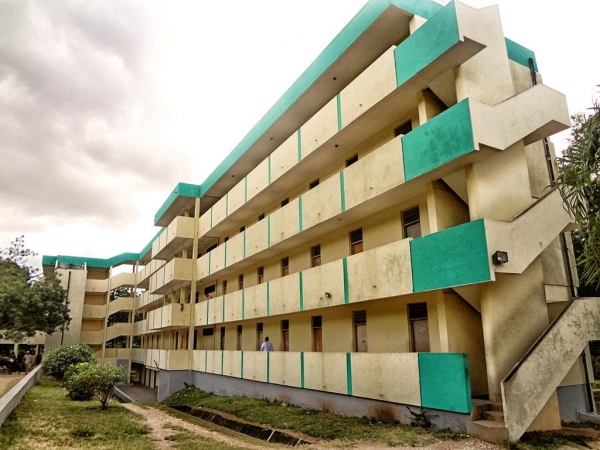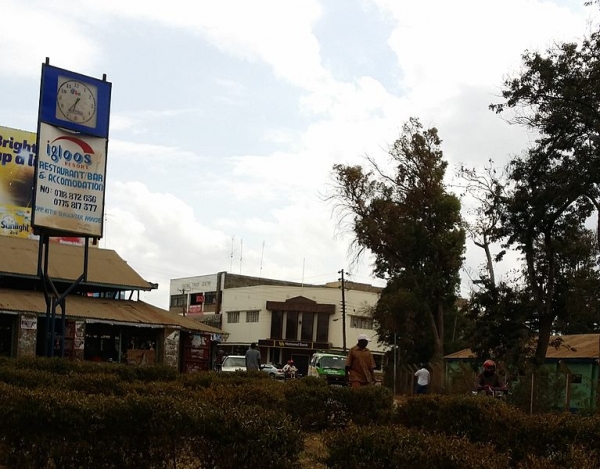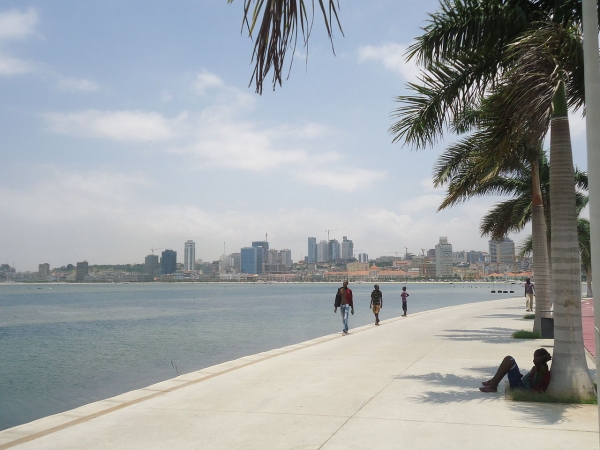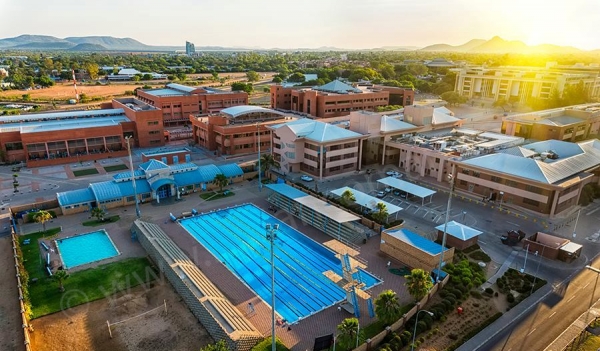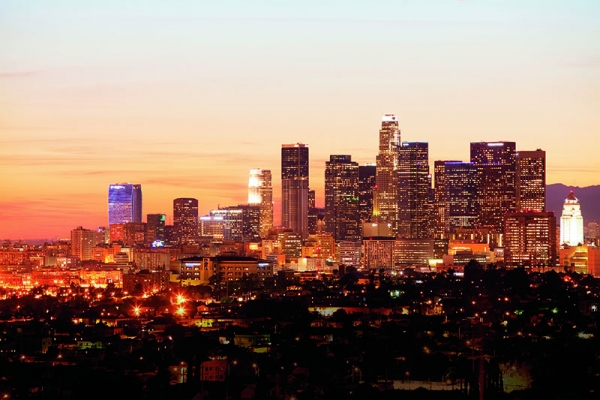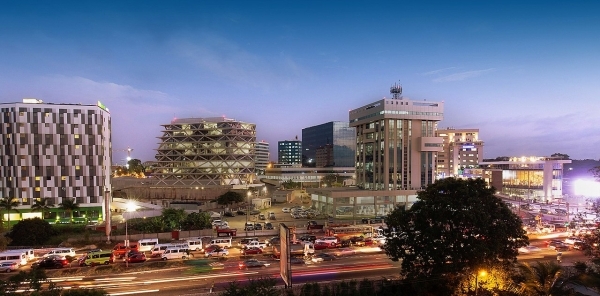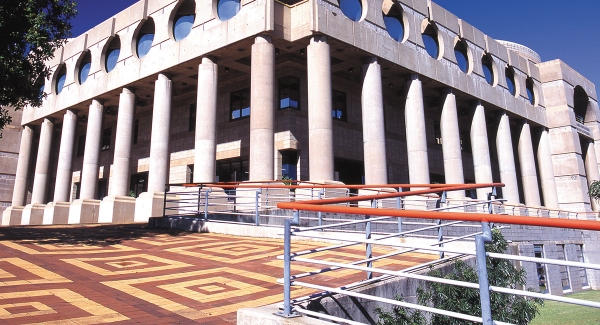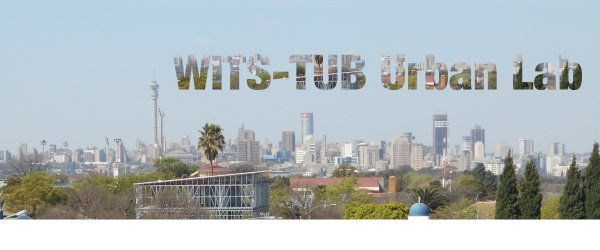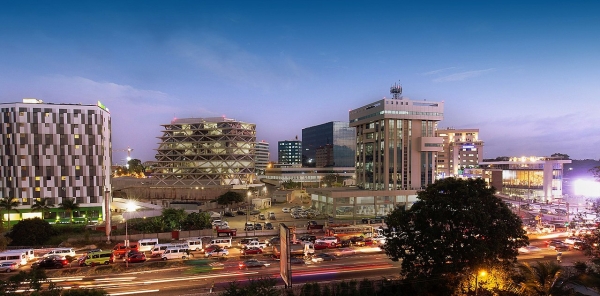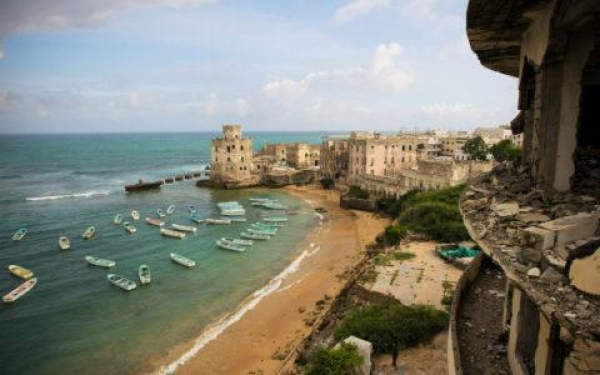The Middle Class Urbanism project and Department of Anthropology, Aarhus University, invite submissions for an international conference themed ‘Middle Class Urbanism in the Global South: Routes, Shapes and Aspirations’.
Scheduled for 26 to 28 February 2018, in Maputo (Mozambique), the conference focuses on the dynamic, multi-stranded and highly complex relationship that exist between the emerging middle classes and urban development in the Global South. It aims to promote an exploratory dialogue based on accounts from different urban contexts and with various analytical perspectives, in order to reach new interdisciplinary insights and refine research questions concerning this dynamic relationship.
The rising global middle classes are at the centre of international debates. Indeed, for many analysts and researchers, they are considered crucial for generating macro-economic growth and democratic stability. In Sub-Saharan Africa, for example, the rising middle class is diagnosed on the basis of the urban population’s shifting consumption patterns. The middle classes in Africa have, in a liberal capitalist logic, also been associated with the ‘prediction’ that they are key drivers for socioeconomic improvement and a better urban future. Throughout the region’s cities, such optimistic estimations already affect and transform urban development, by, for instance, encouraging commercial initiatives and development plans at different societal levels.
It might thus seem that the alleged growth of the middle class has become a platform for realising ideals of a proper city and a proper society, as well as of proper social and political belonging and recognition.
The organisers encourage participants to consider the following questions:
- What happens to a city when the middle class starts to grow?
- How does the rise of an urban middle class influence urban development and how does it change or rebalance the actors and agencies involved in the production of urban space?
- Which kind of new patterns of urban expansion, housing typologies and city models does it encourage?
- How do the middle classes manifest themselves as societal forces that potentially shape new and emerging urban spaces?
- How do they influence renewed forms of urban citizenship and urban anxieties/aspirations?
- To what extent, and in what way, are they key drivers for new or changing city models?
Abstract submission
Authors/researchers can send abstracts of up to 250 words to Anna Mazzoliniand Flora Botelho, specifying affiliation and attaching a short biography (100 words).
Authors may write full papers, posters or speeches supported by PowerPoint presentations. Full papers should not exceed 6,000 words.
Important dates
- Deadline for abstract submission: 1 December 2017
- Communication of accepted abstracts: 15 December 2017
- Confirmation of participation in the conference: 1 February 2018
Conference fee
No conference fee is required but participants (or related institutions) must cover travel costs to Maputo. Depending on the number of participants, some accommodation may be provided. Further information regarding accommodation will be provided by the conference organisers when papers are accepted.
Further information
For more information on the conference objectives, registration and outputs, click here to download the call for submissions document.
The Middle Class Urbanism project
The conference is organised by the research project ‘Middle Class Urbanism: An interdisciplinary study of the physical reordering of urban sub-Saharan Africa’, which is funded by the Danish Council for Independent Research (FKK) and will run from 2017-2020. The project uses the specific example of Maputo as a lens for investigating rapid urbanization processes in sub-Saharan Africa more generally. It places special emphasis on the radical transformations of the built environment caused by ‘middle class urbanism’, conceptualised as an assemblage of practices (crosscutting the legal and the illegal, the formal and the informal) that is structured by ideas of privacy and social-cum-physical security as key factors for improving the quality of urban life.
More information about the MCU project and sub-projects can be found here.

